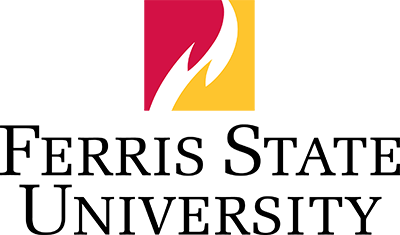Women nationwide will soon learn from testing whether they have dense breast tissue that puts them at higher risk
Valerie Austin’s mammogram was negative for cancer. Then she read the fine print.
It said Austin had dense breast tissue, which makes tumors harder to detect on a mammogram. It also increases the likelihood of breast cancer. Austin’s doctor mentioned the risk, but said her mammogram looked clean.
“I was given a clear scan and sent skipping along on my merry way,” said Austin, 61, a retired history professor from Gainesville, Fla.
Unsettled by the new knowledge, Austin kept checking herself and felt a lump two months later. She was diagnosed in July with stage-3 breast cancer.
For the nearly half of American women with dense breast tissue, a mammogram might not be enough to spot cancer early. The tangle of glands and connective tissue appears white on a mammogram. Tumors also appear white, so dense tissue can shield them from view.
“Many women think that if they have a mammogram and it’s negative, there’s no way they can have breast cancer,” said Dr. Kimberly Feigin, a breast-imaging radiologist at Memorial Sloan Kettering Cancer Center in New York. “That’s simply not true.”
The Food and Drug Administration starting Sept. 10 will require that women nationwide be notified whether their mammograms reveal dense breast tissue. Mammography reports will also encourage women to speak with doctors about their breast density and personal risk.
Nearly 40 states already require that women be notified about dense breast tissue. But there isn’t consensus on what to do with such results. Many doctors encourage women with dense tissue to consider additional tests including an ultrasound or MRI. Others say further tests could lead to unnecessary procedures. Some aren’t caught up on the trade-offs.
The U.S. Preventive Services Task Force, a government-backed group that sets guidance on screening and preventive care, says there isn’t enough evidence to recommend more testing. And insurance coverage for ultrasounds or MRIs varies by state and insurer.
“It’s a very challenging, patchwork landscape,” said Dr. Wendie Berg, a radiologist and breast-imaging researcher at the University of Pittsburgh. “And it’s hard to see women who could have had a better outcome and just didn’t know.”
Austin’s mammogram report in March said she had extremely dense breast tissue. She went down an internet rabbit hole reading about her physiology and examined her breasts herself every few weeks. In May, she felt a lump.
When Austin called her clinic, she was told to wait until her next scheduled mammogram in September. Austin said she made up a September out-of-town trip so they would give her a July appointment.
The technician said the mammogram was clear. Austin pushed her to keep checking until the technician felt the lump. The clinic performed an ultrasound, then a biopsy and an MRI.
Austin had a tumor cluster the width of a lemon. Her oncology team later said the cancer had likely been there for at least two years. She started chemotherapy in August.
“Now I have a really big battle ahead of me,” she said.
Ultrasounds catch roughly two more cancers per 1,000 women with dense breast tissue compared with mammograms alone. MRIs are even more sensitive. A 2019 study found a detection rate as high as 16 cancers per 1,000 women with extremely dense breast tissue. The women who got MRIs also were diagnosed with fewer cancers between regular screenings, suggesting those that developed were caught earlier.
But there isn’t evidence from large clinical trials to show the tests reduce breast-cancer deaths for women with dense tissue, an important consideration for medical groups that set recommendations. Regular mammograms reduce deaths from breast cancer, studies show.
“We know it will find other cancers, but we haven’t proven that it actually saves lives,” said Dr. John Lewin, chief of breast imaging at Yale Cancer Center.
The additional tests also yield more false alarms. Among women in the 2019 study with extremely dense breast tissue who got a biopsy after a positive MRI, about one-quarter had breast cancer.
“It’s going to lead to a lot of unnecessary testing,” said Dr. Karla Kerlikowske, who studies breast imaging at the University of California, San Francisco.
Kerlikowske designed a risk calculator she uses to assess patients based on factors including age, family history and body mass. The American College of Radiology and the American Cancer Society say women with at least a 20% chance of developing breast cancer should get annual mammograms and MRIs.
“Density alone is just one factor,” Kerlikowske said. “If people have dense breasts, they need to calculate their risk.”
Source: Wall Street Journal




